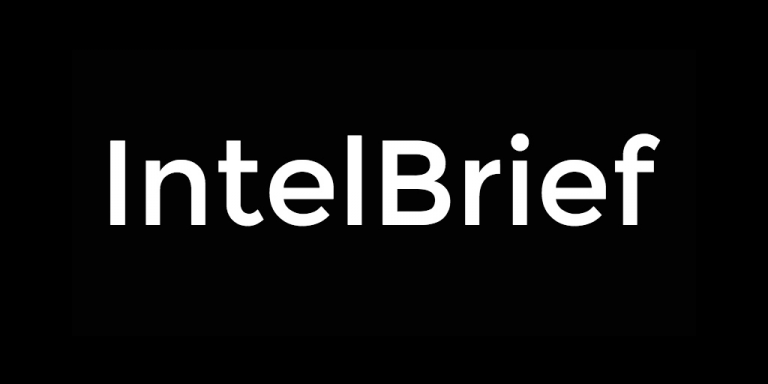INTELBRIEF
July 31, 2017
TSC IntelBrief: Intelligence Work in the Trump Era

• The White House’s open disdain for the intelligence community (IC) and the thousands of people who work to protect the U.S. is a remarkably consistent theme in an administration characterized by chaos.
• Despite the administration’s criticism of the IC, the day-to-day work of collecting and analyzing needed intelligence continues, but the chaos is being felt among the higher ranks.
• The administration will need to base critical national security policies on assessments by an IC it openly derides.
• The president does not have an alternative IC from which he can get information and intelligence necessary for effective national security policies, thus his summary dismissal of politically inconvenient intelligence assessments is highly problematic.
The tensions between President Trump and the intelligence community (IC), which predate his inauguration, continue in open and unprecedented fashion. The derogatory term ‘Deep State’ has come to be used by the president’s advisors and supporters as a broad brush with which to paint the IC—particularly those parts that are either investigating the administration, or providing intelligence that is not politically convenient—as disloyal to the president. The open disdain for the IC and questioning of the patriotism of the thousands of people who work quietly abroad and at home to protect the U.S. is a remarkably consistent theme in an administration characterized by chaos.
The president and his top advisors have been clear about their belief that the IC is not only wrong in its assessment that Russia engaged in a deliberate hacking and disinformation campaign to influence the 2016 elections, but that the IC is also not loyal to the administration, a charge that goes far beyond normal political rhetoric. Such criticism rings particularly hollow in a democracy, where the loyalty of national security professionals lies first and foremost with the constitution, rather than any individual government official. The IC includes the FBI, CIA, NSA, and 13 other agencies and departments, to include some active duty military units. The consequences of the administration’s sustained campaign to denigrate—and perhaps restructure—the IC won’t be known for some time, though the continued weakening of American trust in its institutions and governance is likely to have catastrophic results.
The day-to-day work of the IC by career officers and officials of collecting and analyzing needed intelligence continues, despite the current atmosphere of disdain for their work. The oft-stated concern that repeated derision from the White House would cause morale in the CIA or FBI to suffer overstates the power of political criticism and greatly understates the individual drive and motivation of the agents and officers who actually do the street-level work. Yet, the impact of the continued dismissal of the IC’s work as partisan or disloyal is more pronounced among the higher-ranking personnel of the respective IC components. The collection priorities may not change on the street, but putting together assessments on complex issues that the president then dismisses out of hand is problematic, to say the least. The president does not have an alternative IC from which to get information and intelligence necessary to make effective national security policies.
The issue will eventually produce tangible, negative consequences for U.S. national security when the president is faced with a genuine crisis, such as North Korea’s expanding nuclear weapons capabilities. Every piece of information that the president uses to assess the situation and its risks comes from the IC and its liaison partners. Were the U.S. to take military action in such a scenario, the president would likely cite an IC assessment as a basis for that action, yet that assessment will have come from the same IC that he and his supporters have labeled disloyal ‘Deep State’ operatives. The damage of the daily and deliberate eroding of the IC as a means to influence investigations or uncomfortable Russian assessments isn’t confined to those issues; the entire concept of the IC is at risk of becoming anathema to the administration and its supporters, creating a schism of believing in certain assessments—such as one on North Korea—but not the people that provide them.
.
.
.
For tailored research and analysis, please contact: info@thesoufancenter.org
.